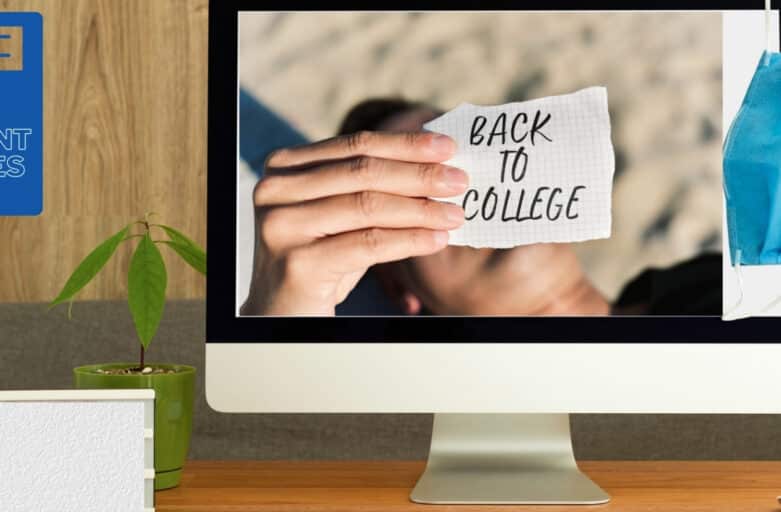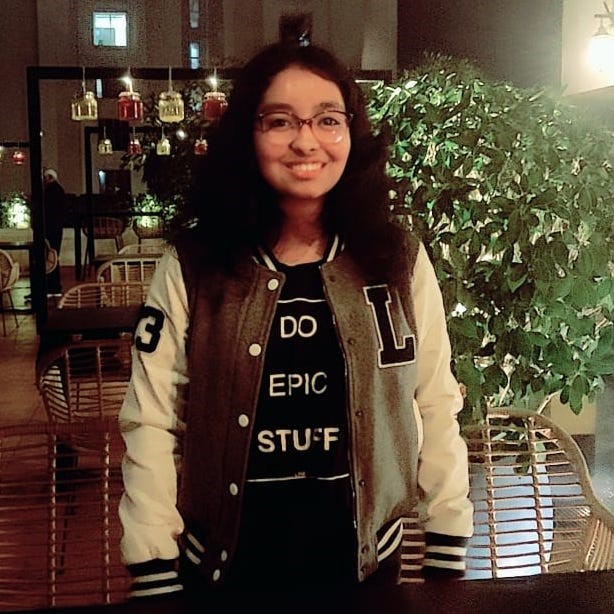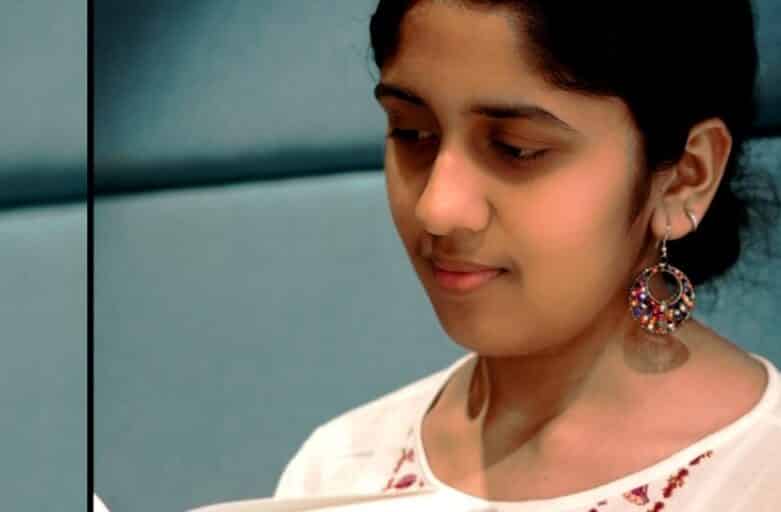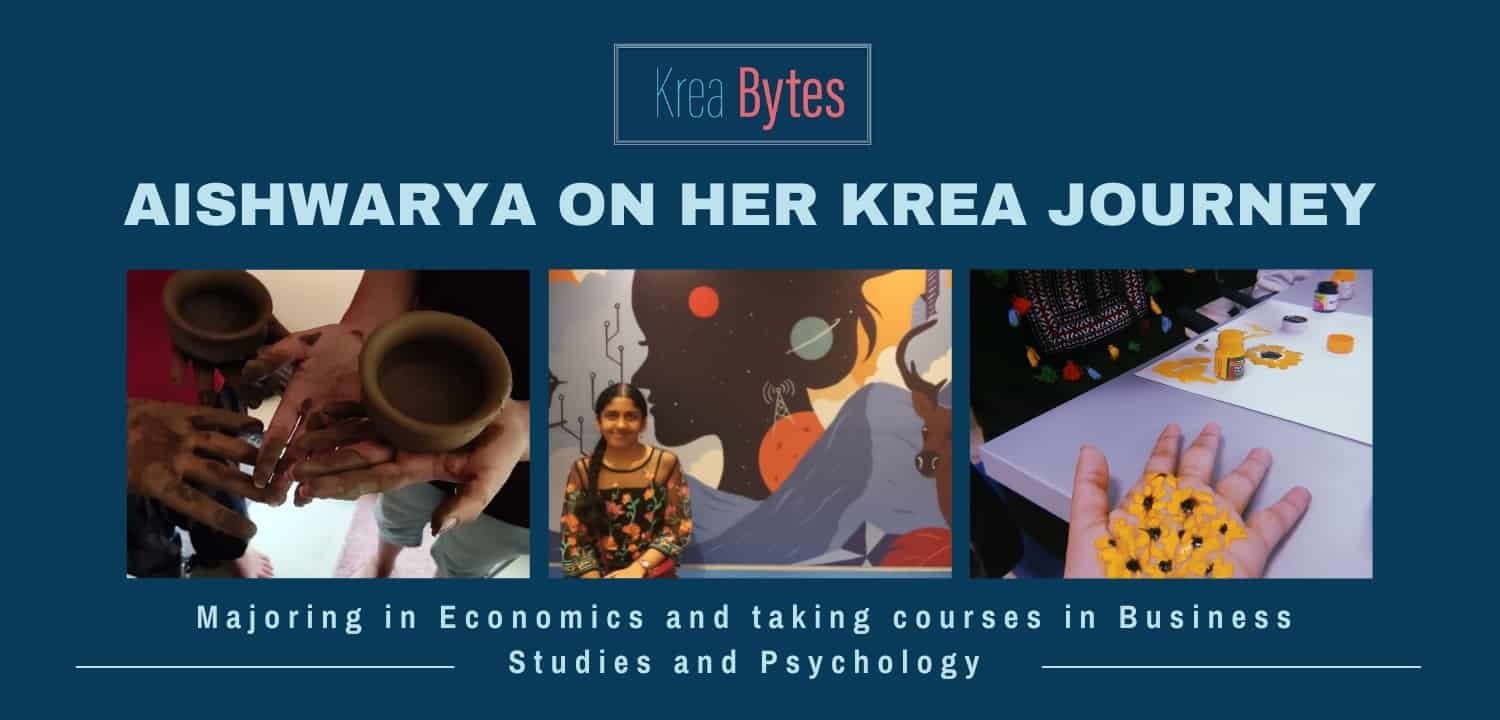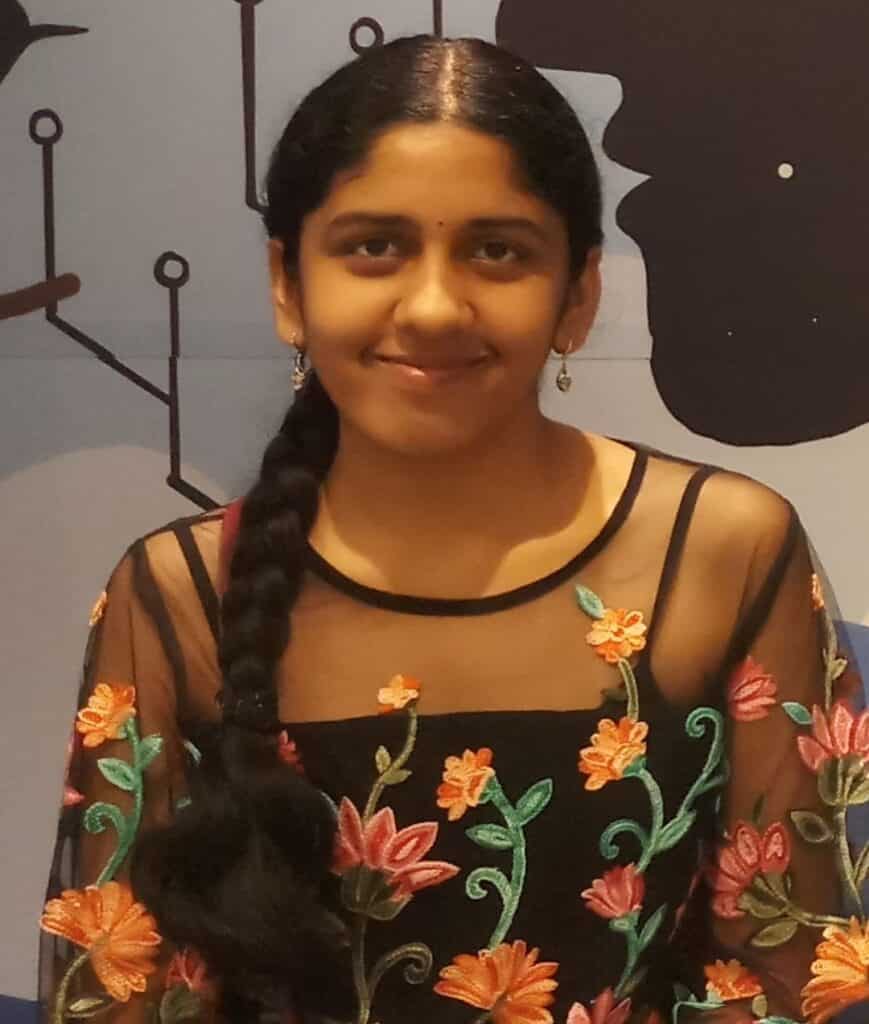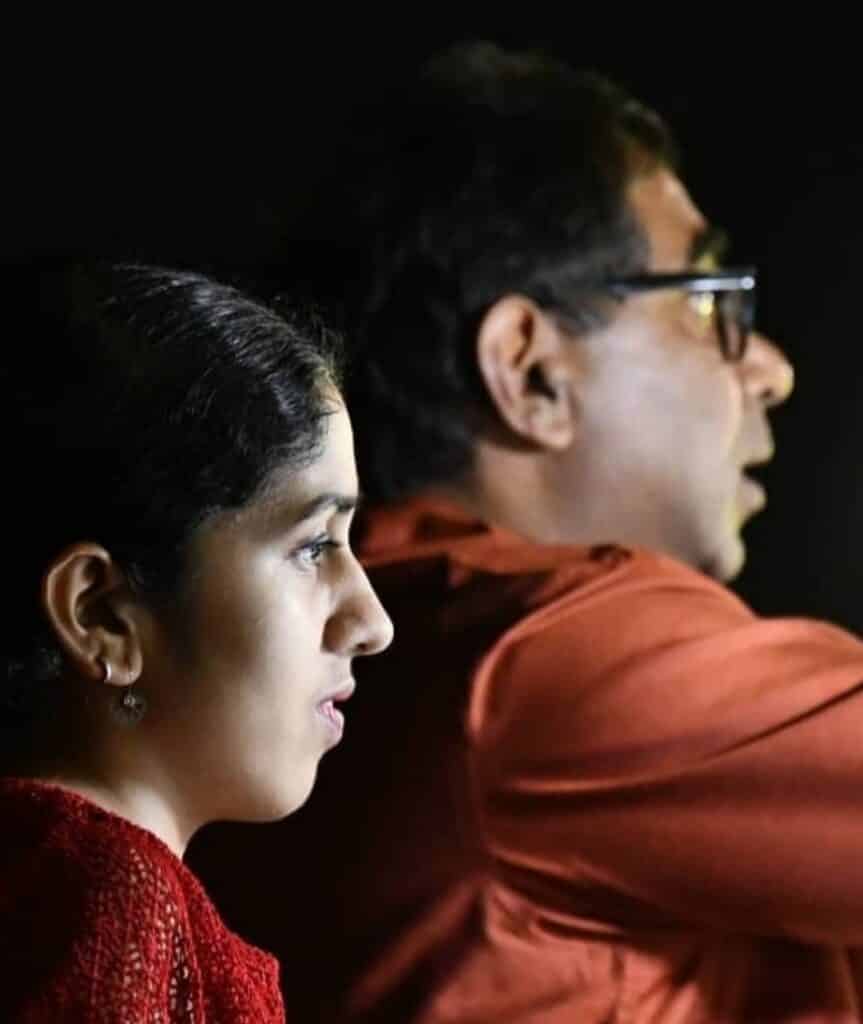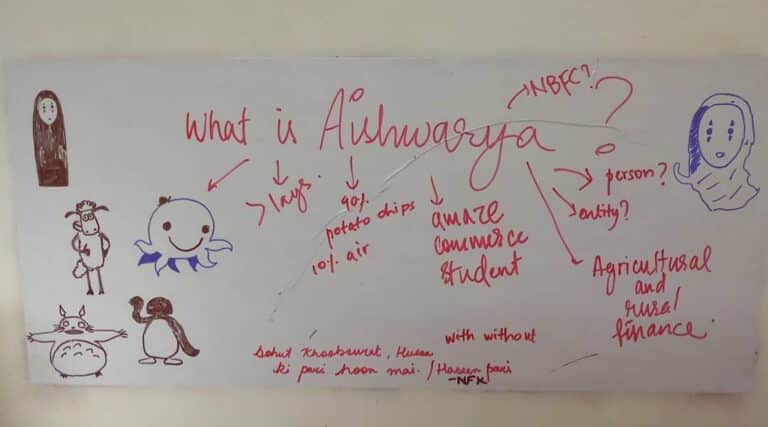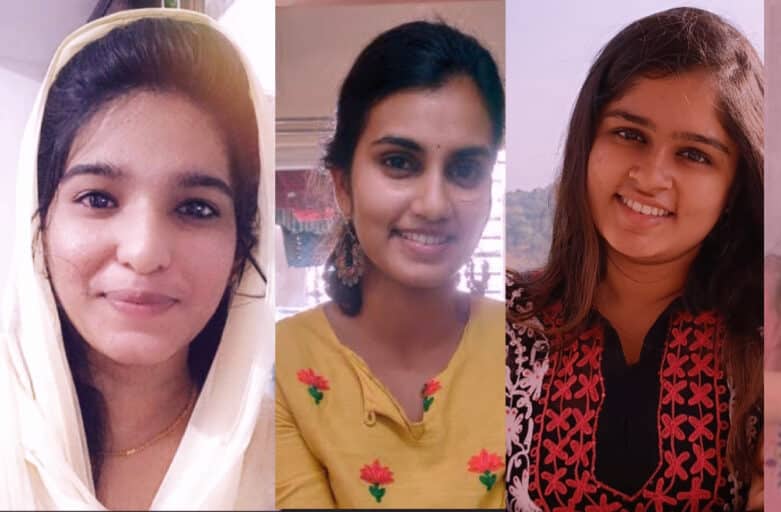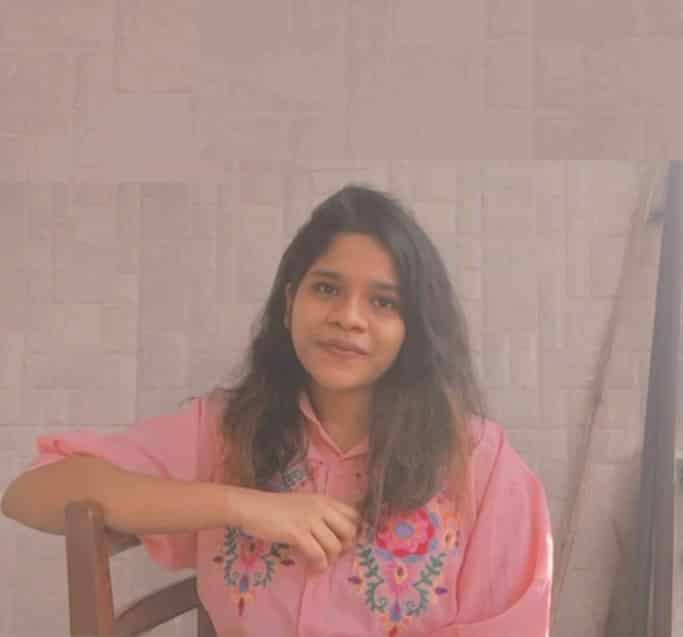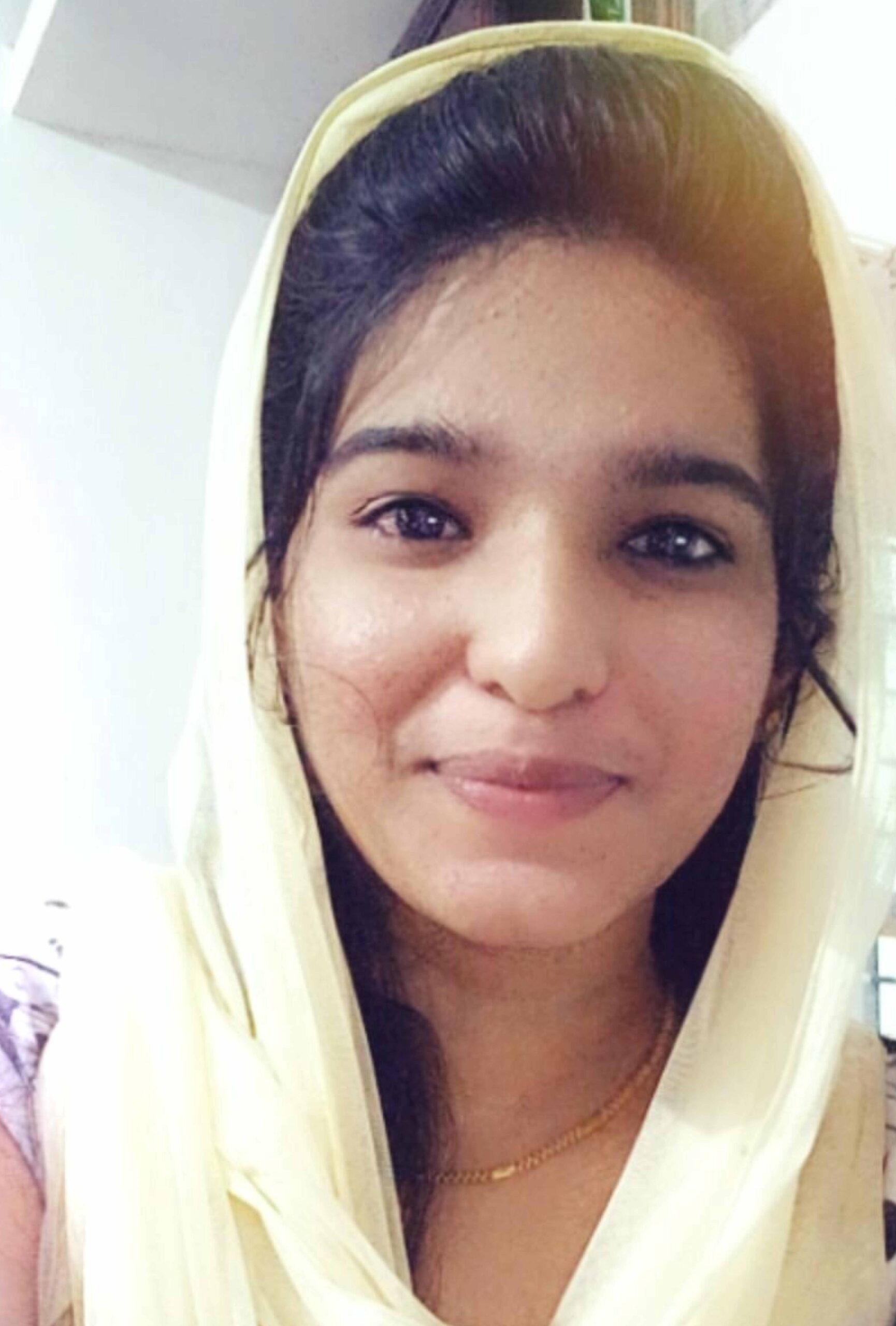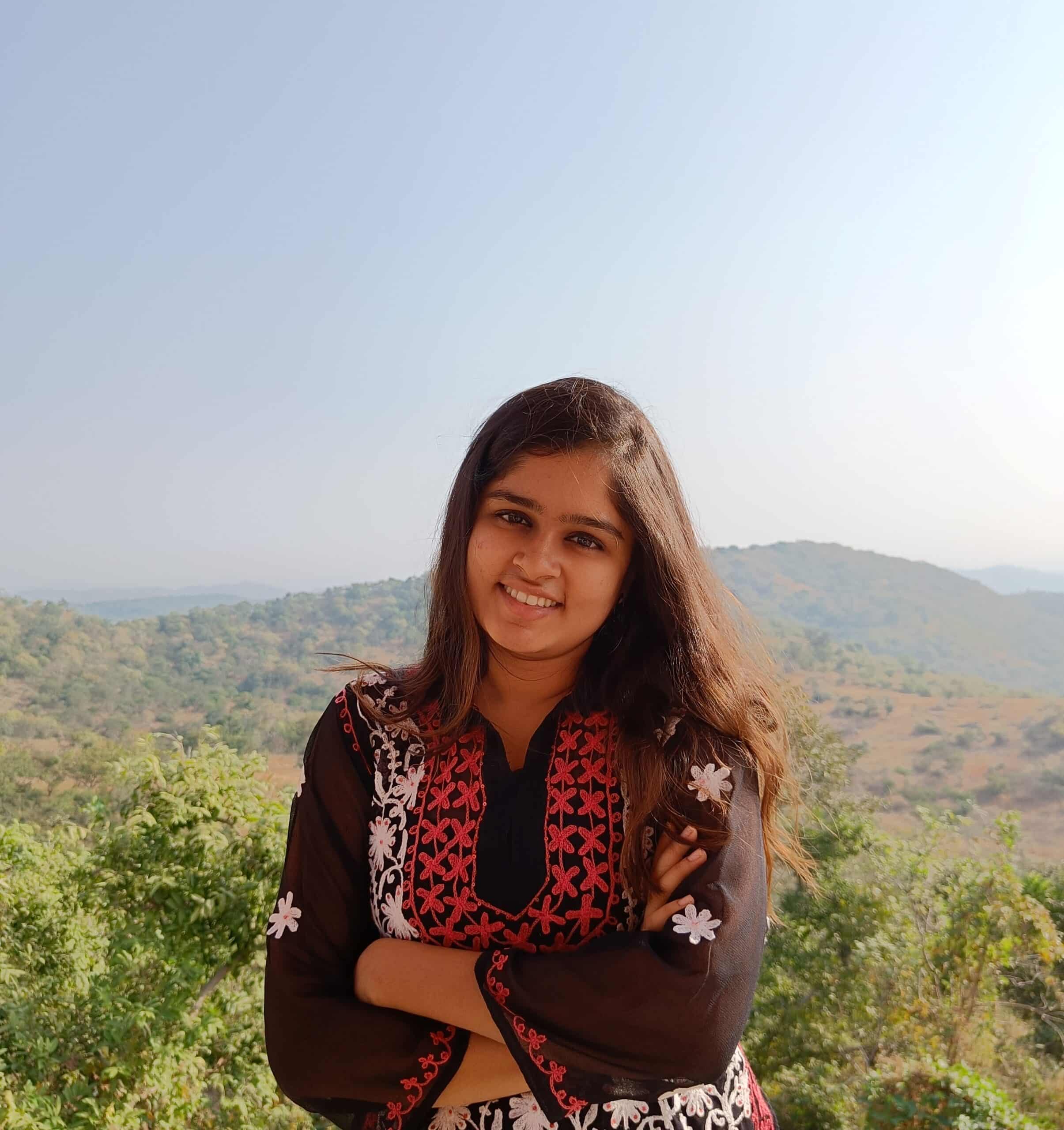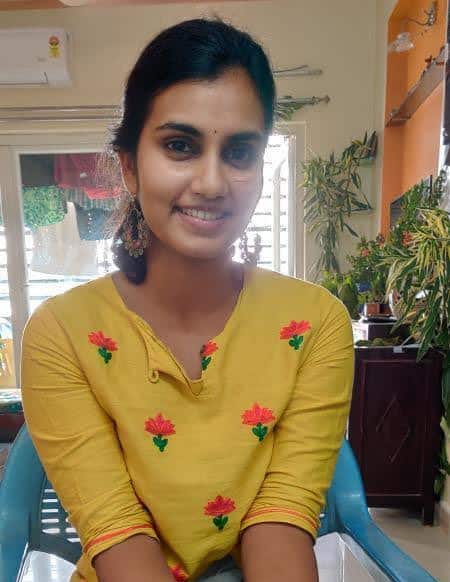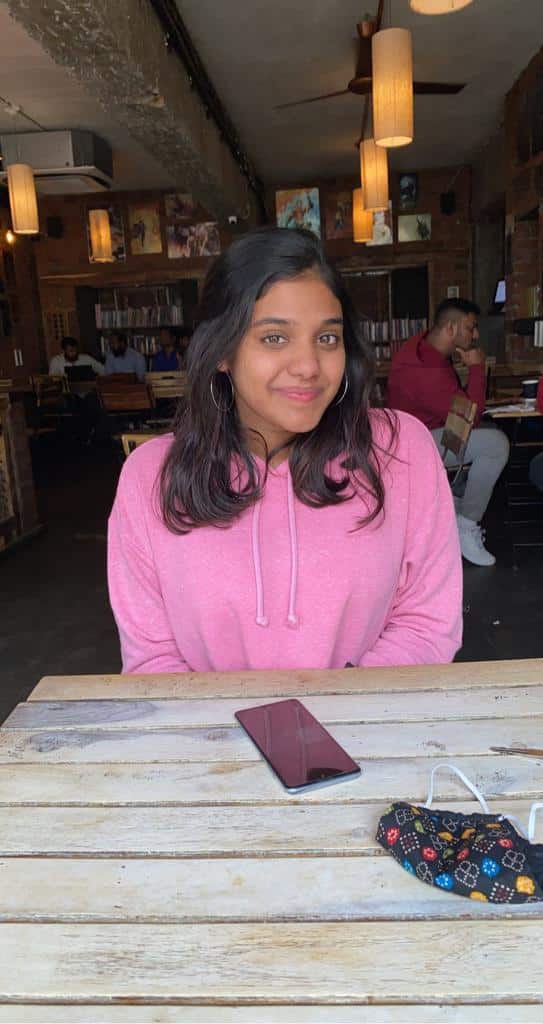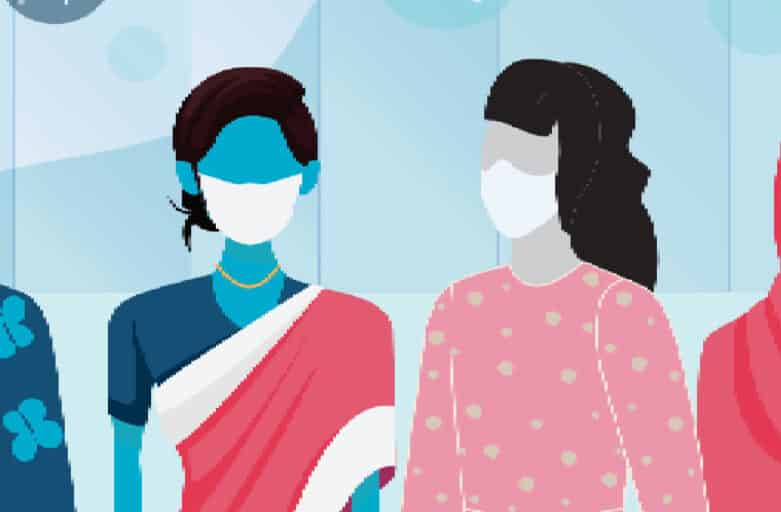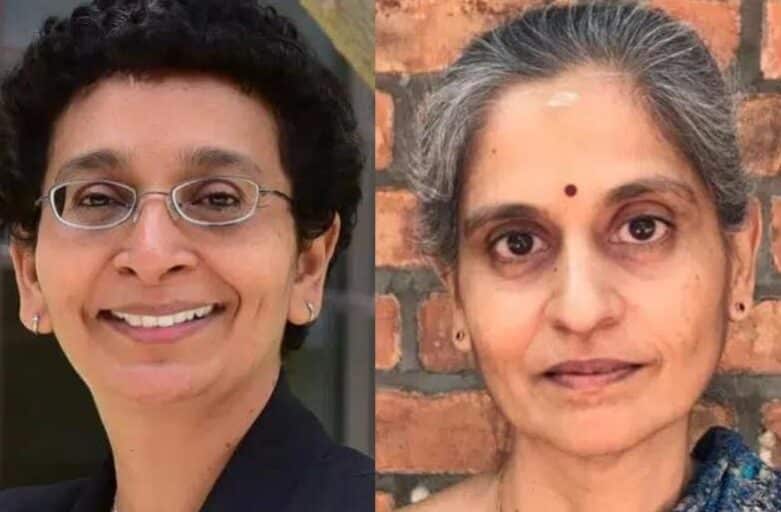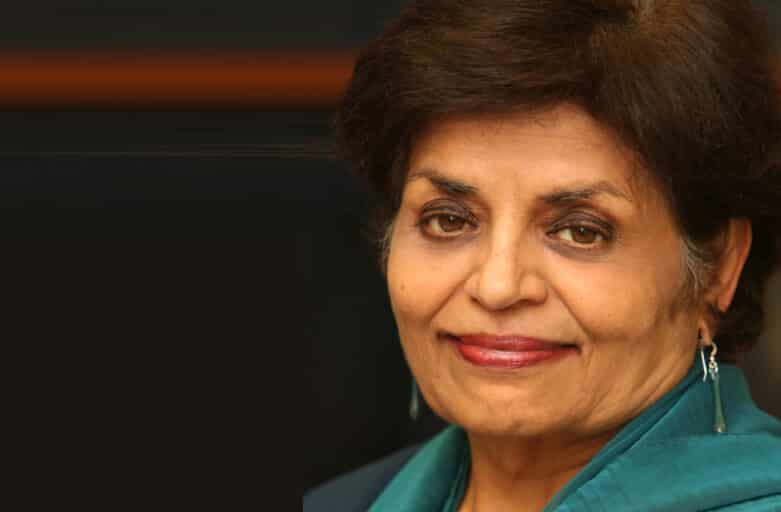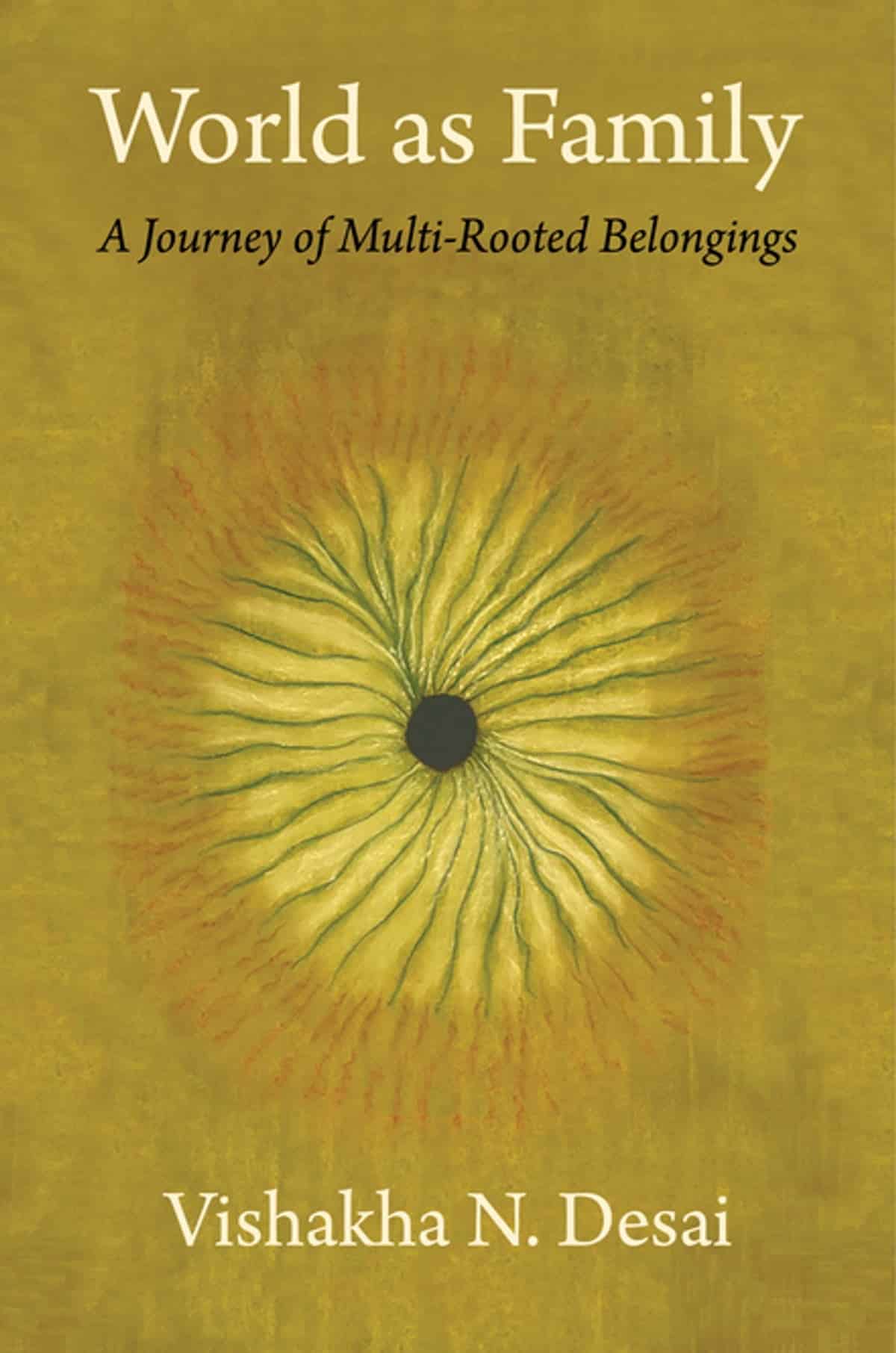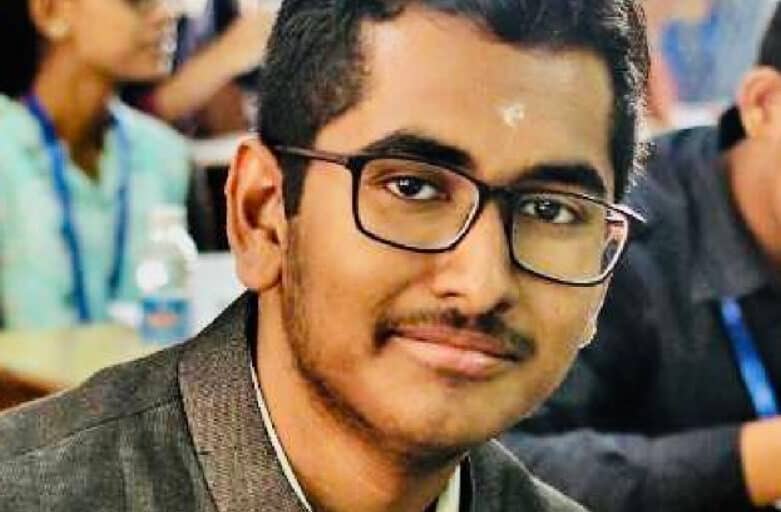THE BASICS
The EU-China Bilateral Investment Treaty (BIT), better known as Comprehensive Agreement on Investment (CAI), was agreed on Nov 2013. Just to set things straight, this is not a full-on trade agreement but a “pact” for the EU to create new investment opportunities for its native companies in Chinese market by eliminating discriminatory laws and practices (that were only accessed by Chinese companies and corporations from third world countries). It was the combined idea of German Chancellor, Angela Merkel, and anxious Chinese President, Xi Jinping, to get this deal finalized after enough [35] concessions. Disregarding the proposal of early consultations with Biden-led US, Merkel-Xi had other plans. History speaks that Germany do carry good trade relations with China. To think of it, the largest EU investment sector in China is the automotive industry which is obviously a big deal for Germany. But we can’t conclude that Germany will be the only beneficiary here - several fronts need to be considered. Above all, this is just an agreement in principle and the deal’s full text is yet to be published. So it is up to the European parliament to ratify and mark it green for the BIT to finally commence from 2022. Nonetheless, the following illustration would brief out things:
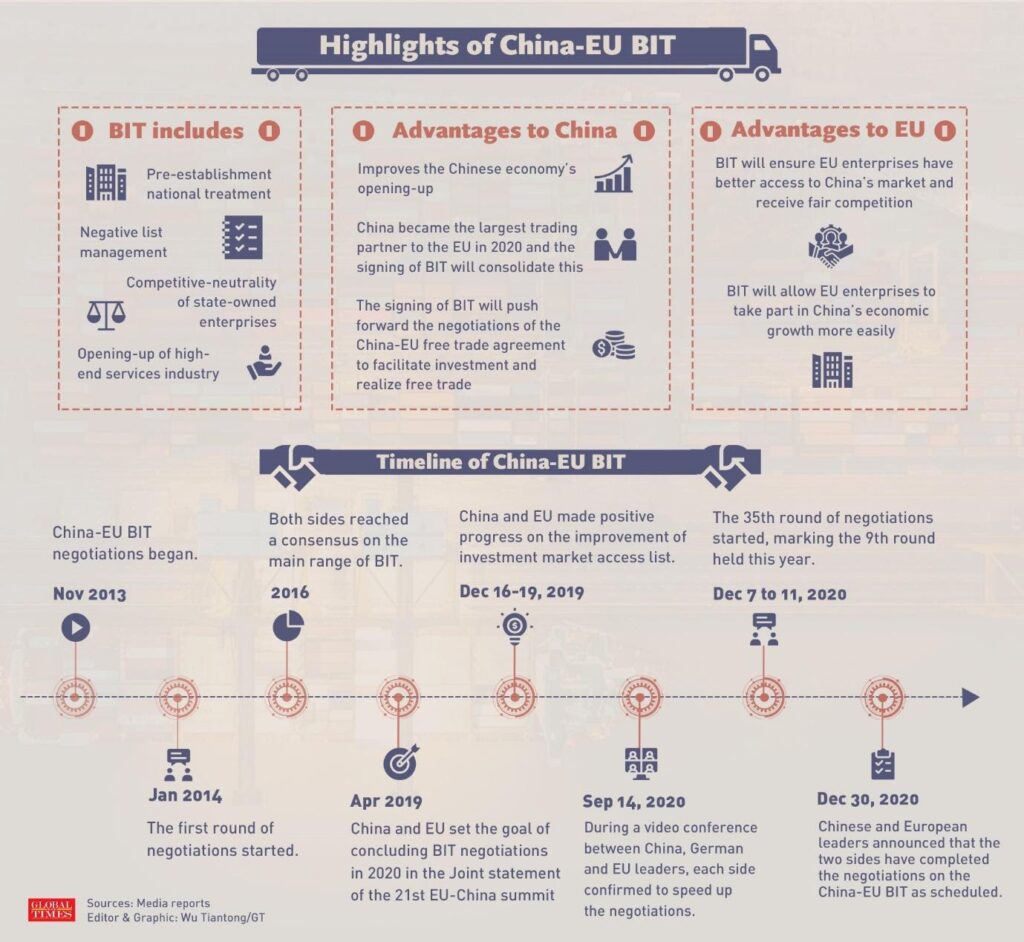
Image credits: https://www.globaltimes.cn/page/202012/1211466.shtml
For people with utmost curiosity, you can still refer to the key elements of “the most ambitious deal” published by the EU, here.
THE RECIPROCITY GAP – a major concern
After noting the pros, challenges are now weighed in terms of imbalances created in EU-China FDI flows due to [buzzword] “lack of reciprocity”. Backtracking it shows that EU has been way more receptive to foreign investment than China with the latter operating in a restrictive FDI regime. And if reciprocity persists, anti-globalization sentiments might fuel an erosion of support for the European producers and consumers. So the treaty “is supposed to go” some way to rebalancing this. But in factuality, it supports the theory of one-sided fulcrum.
THE INVISIBLE HAND OF GEOPOLITICS
[1] THE IMPACT ON TRANS-ATLANTIC RELATIONS
In December 2019, Chinese Foreign Minister Wang Yi answered a question saying that it was unlikely for a “developing economy” like China to come to an agreement with the [Brexited] EU. But with strategic intentions, Xi intervened personally to snatch the deal within the window of opportunity. Thus the seven-year long-awaited video conferencing got a fair bit of coverage on December 30, 2020. But it got backlashed that the accord might create friction in EU’s relations with the incoming Biden administration. The view would clearly weaken Biden’s “efforts for a closer US-EU check on China”. Even if the CAI is neither signed [due to the US pressure] nor implemented, China is +1 for creating chaos and controversy amongst backers and opponents of the agreement in the European Parliament and among other member states. It is a symbolic win too good to pass for the dragon.
[2] AN IRON FIST (NO MORE) IN A VELVET GLOVE?
Romanticizing different versions and believing in soft power based on hardcore facts is what India has been through. But the changing world order did make the tables turn for the aforementioned. Indian diplomats and policymakers now deal in High Level Dialogues (HLD) circumscribing this BIT. But it transpires to be negative for India’s foreign policy assumption that Europe is in for the US’s ‘Indo-Pacific’ strategy that is meant to “rebalance” China’s reign. Without Europe as its ally, the strategy is a road to nowhere. Quite knowingly, Merkel hurriedly reached out to PM Modi to persuade India to accept CAI as a market access pact while continuously harping on the importance of the India-EU trade deal. To this, the French diplomat asserted NSA Ajit Doval on “forestalling China from manipulating Europe” thereby hinted at Raisina Dialogue (India’s premier foreign policy conference) to boost Indo-Pacific partnership. So, at the end of the day, India, fortunately, is not in the dire position and must climb down from its ivory tower to assess the reshaped world order.
[3] THE FINAL WHISTLE‘THE DIPLOMAT’ concludes that the EU should rethink its China policy and introspect its coordination with the States. An EU-US solidification will have more leverage in relation to China and can be a “catalyst for a broader multilateral coalition of concordant countries to promote the rule of law and to blunt Beijing’s efforts at economic coercion”. But for the European geopolitics, the pact is still meant “to defend NATO territory” and achieve stabilization.
![The 7-35-25 CON[EU]NDRUM: Looking at the CAI deal The 7-35-25 CON[EU]NDRUM: Looking at the CAI deal](https://www-cdn.krea.edu.in/main/2022/03/pexels-suzy-hazelwood-1098526-1500x720-1-781x512.jpg)
